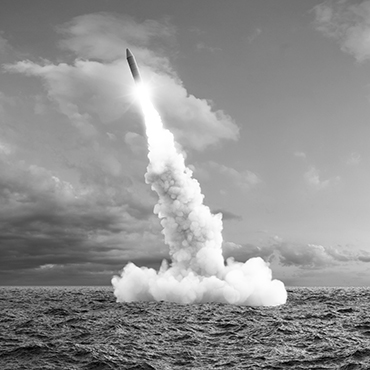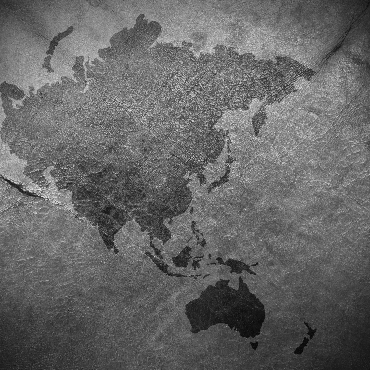What Islam’s Golden Age Ignored and What It Means Today
Today’s Central Asian reformers are picking up and reviving neglected approaches to politics and society that Islam’s Golden Age turned its back on a millennium ago. They do so as Muslim believers or at least as officials respectful of Islam.









